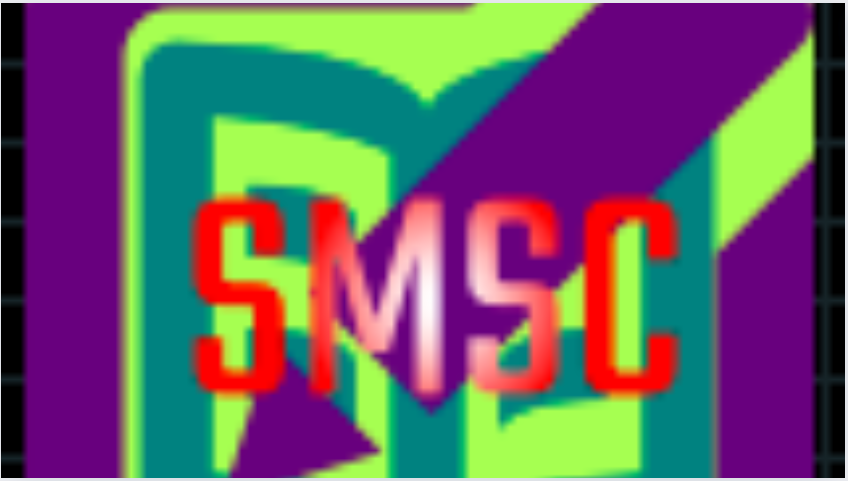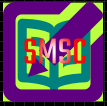
This test is designed for the Mathematics Statistics I course and evaluates understanding of fundamental concepts in probability and statistical distributions. It assesses knowledge of various probability distributions, their properties, transformations, and applications within the context of introductory statistical analysis.
Topics Covered
Probability Distribution Review:
-
- Basic properties and applications of probability distributions
- Chebyshev’s inequality and its use in estimating probabilities
Multivariate Distributions:
-
- Joint, marginal, and conditional probability distributions
- Relationships and dependencies between multiple random variables
Special Distributions:
-
- Characteristics of Gamma, chi-squared, and normal distributions
- Applications and properties of these special distributions
Distribution of Functions of Random Variables:
-
- Transformations and their effect on the distribution of random variables
- Beta, t, and F-distributions
- Distribution of order statistics and sample variance
Limiting Distributions:
-
- Convergence concepts: convergence in distribution and probability
- The Central Limit Theorem (CLT) and its implications for sample means
Regression Modeling:
-
- Introduction to regression analysis and interpretation of regression models
- Understanding coefficients, residuals, and their role in regression
Format
- Multiple Choice Questions: 30 questions.
- Answer Options: Four options per question, with one correct answer.
- Duration: Approximately 60 minutes.

This test evaluates understanding and application of key concepts in number theory and modular arithmetic. It covers a range of topics including divisibility, prime numbers, congruence, Euler’s function, the group of units, and quadratic residues. The questions are designed to assess both theoretical knowledge and problem-solving skills in these areas.
Topics Covered
Divisibility:
-
- Divisors and multiples
- Bezout’s Identity
- Least common multiples (LCM)
- Linear Diophantine equations
Prime Numbers:
-
- Prime numbers and prime-power factorizations
- Distribution of primes
- Fermat and Mersenne primes
- Primality testing and factorization
Congruence:
-
- Modular arithmetic
- Linear congruences
- Simultaneous linear congruences
- Extension of the Chinese Remainder Theorem
Congruences with Prime-Power Modulus:
-
- Arithmetic of Z_p
- Pseudoprimes and Carmichael numbers
- Solving congruences mod p^e
Euler’s Function:
-
- Units in modular arithmetic
- Euler’s function φ
- Applications of Euler’s function
The Group of Units:
-
- The group U_n
- Primitive roots
- Existence and applications of primitive roots
- Algebraic structure of U_n
- Universal exponent
Quadratic Residues:
-
- Quadratic congruences
- The group of quadratic congruences
- Legendre symbol
- Quadratic reciprocity
- Quadratic residues for prime-power moduli
- Quadratic residues of arbitrary moduli
Format
- Multiple Choice Questions: 30 questions in Aiken format.
- Answer Options: Four options per question, with one correct answer.
- Duration: Approximately 60 minutes.

The Linear Algebra Exams at SmartScore Center are designed to assess a student’s understanding and proficiency in key concepts of linear algebra. These exams cover a range of topics including vector spaces, matrices, eigenvalues and eigenvectors, linear transformations, and more. The exams are structured to challenge students' problem-solving skills and ensure they have a comprehensive grasp of both theoretical and practical aspects of linear algebra.
Objectives
Understand Vector Spaces:
-
- Define vector spaces and subspaces.
- Determine bases, dimensions, and ranks of vector spaces.
- Identify and work with free and generating sets.
Matrix Operations and Properties:
-
- Perform matrix operations, including addition, multiplication, and finding inverses.
- Calculate determinants and understand their significance.
- Compute and interpret matrix ranks and traces.
Linear Transformations:
-
- Understand and apply concepts of linear mappings and their matrix representations.
- Determine the kernel and image of a linear transformation.
- Explore invariant subspaces and the properties of transformations.
Eigenvalues and Eigenvectors:
-
- Find eigenvalues and eigenvectors of matrices.
- Solve characteristic polynomials and understand their geometric and algebraic implications.
- Compute eigenspaces and understand their significance in matrix diagonalization.
Orthogonality and Projections:
-
- Apply concepts of orthogonality, orthogonal complements, and projections in vector spaces.
- Use the Gram-Schmidt process to obtain orthogonal bases.
- Calculate and interpret orthogonal projections.
Advanced Topics:
-
- Explore the concepts of vector space direct decompositions and quotient spaces.
- Understand dual spaces and dual mappings.
- Analyze and apply tensor products and complexification of vector spaces.
Format:
- The exams are presented in multiple-choice format, allowing students to demonstrate their knowledge in a clear and structured manner.

The Calculus Exam at SmartScore Center is designed to rigorously assess your understanding of both fundamental and advanced calculus concepts. This exam covers a wide array of topics essential for mastering calculus, from the basics of limits and derivatives to more complex applications involving trigonometric and hyperbolic functions. The exam is ideal for students seeking to solidify their calculus skills or professionals looking to refresh their knowledge.
Objectives:
- Understand Limits and Continuity: Evaluate your ability to compute limits using limit laws and understand continuity and limits at infinity, including horizontal asymptotes.
- Master Differentiation: Test your proficiency in differentiating various functions, including polynomial, exponential, trigonometric, and hyperbolic functions. Apply rules such as the product and quotient rules and use L'Hôpital's Rule for indeterminate forms.
- Apply Derivatives to Real Problems: Assess your skills in using derivatives to solve practical problems, including those involving rates of change, maximum and minimum values, and the Mean Value Theorem.
- Analyze Function Behavior: Evaluate your understanding of how derivatives affect the shape of a graph and how to determine concavity and inflection points.
- Integrate Functions: Test your ability to perform integration, including using standard techniques and solving problems involving integration by parts.
- Work with Trigonometric and Hyperbolic Functions: Assess your knowledge of trigonometric identities, addition and double-angle formulas, and hyperbolic functions, as well as solving related equations.
- Utilize Calculus Concepts: Demonstrate your ability to apply calculus concepts to solve problems in various contexts, including velocity problems and the application of limits to solve real-world scenarios.
- Solve Advanced Problems: Challenge your skills with problems involving complex limits, derivatives of composite functions, and advanced integration techniques.

